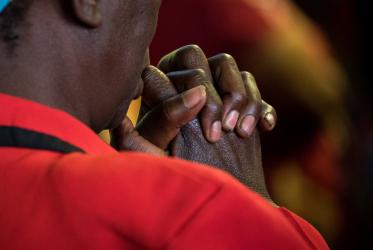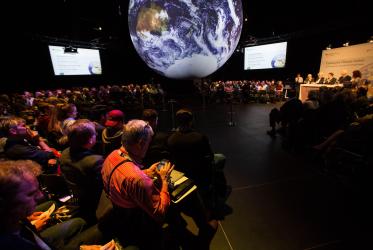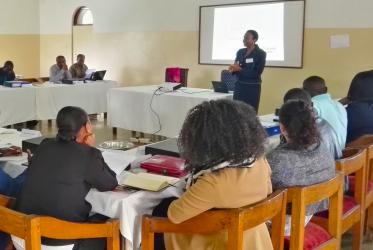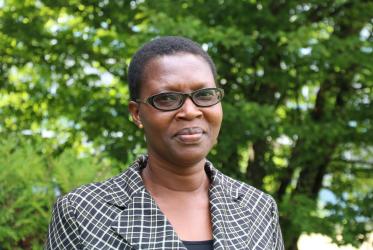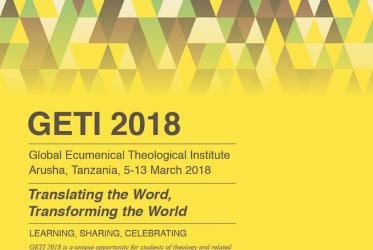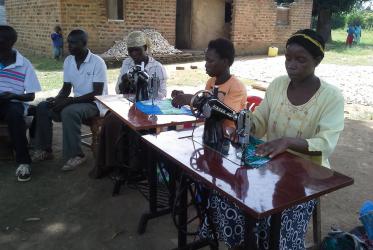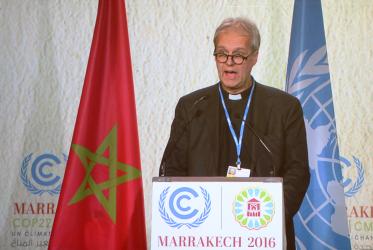Displaying 61 - 80 of 111
African women embark on pilgrimage in Burundi
29 November 2017
African youth takes stand at first ever WCC Eco-School
03 August 2017
A communicator on the move
10 July 2017
G7 must address famine
22 May 2017
Applications open for WCC Eco-School
10 May 2017
Water justice focus of consultation in Nigeria
29 November 2016

